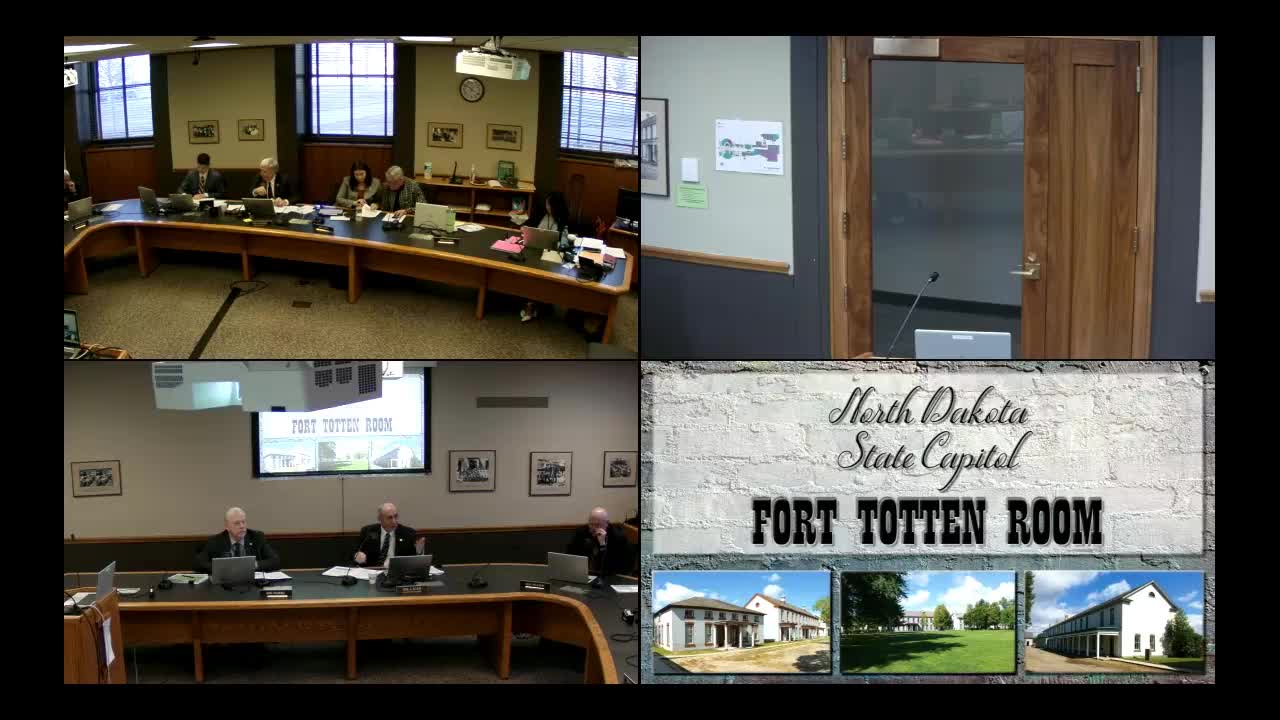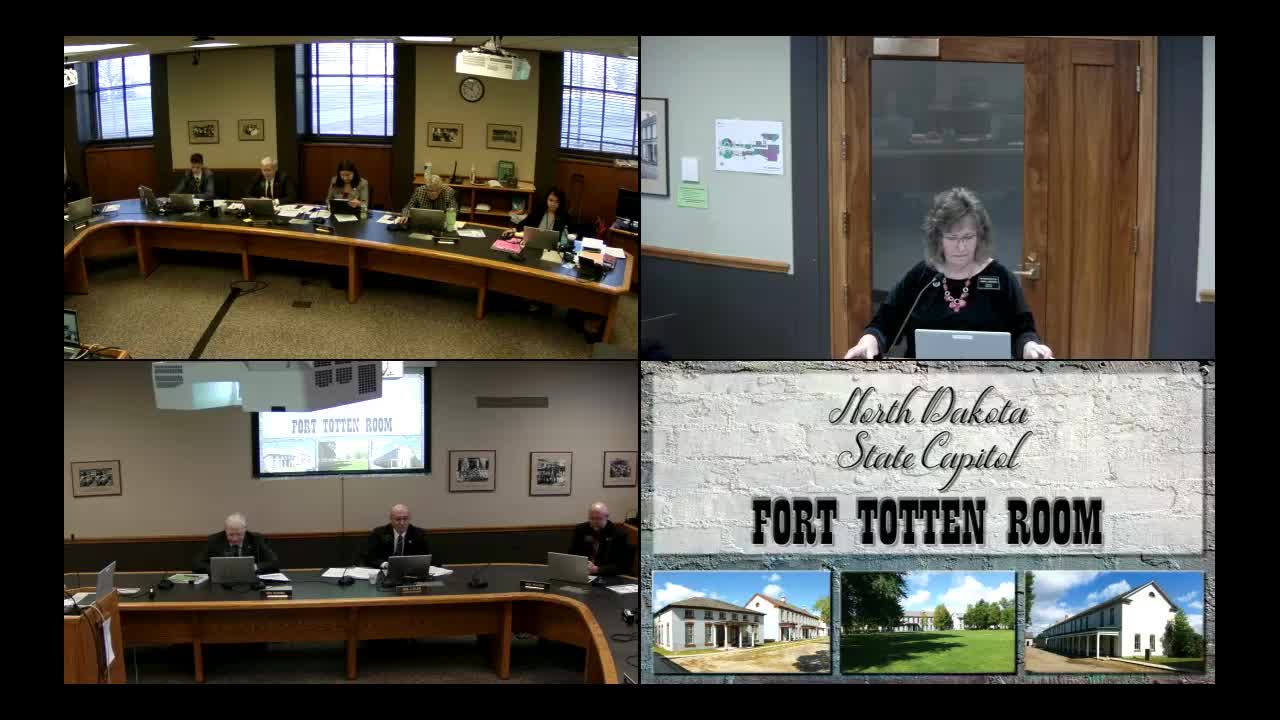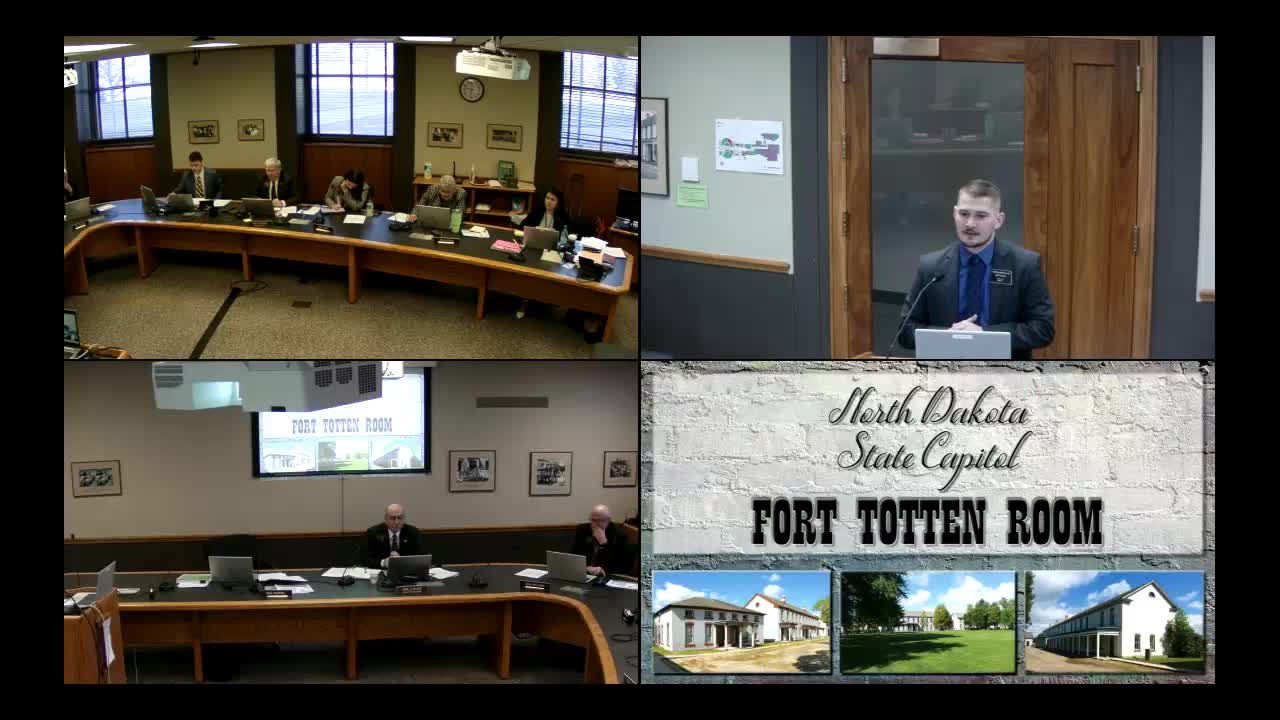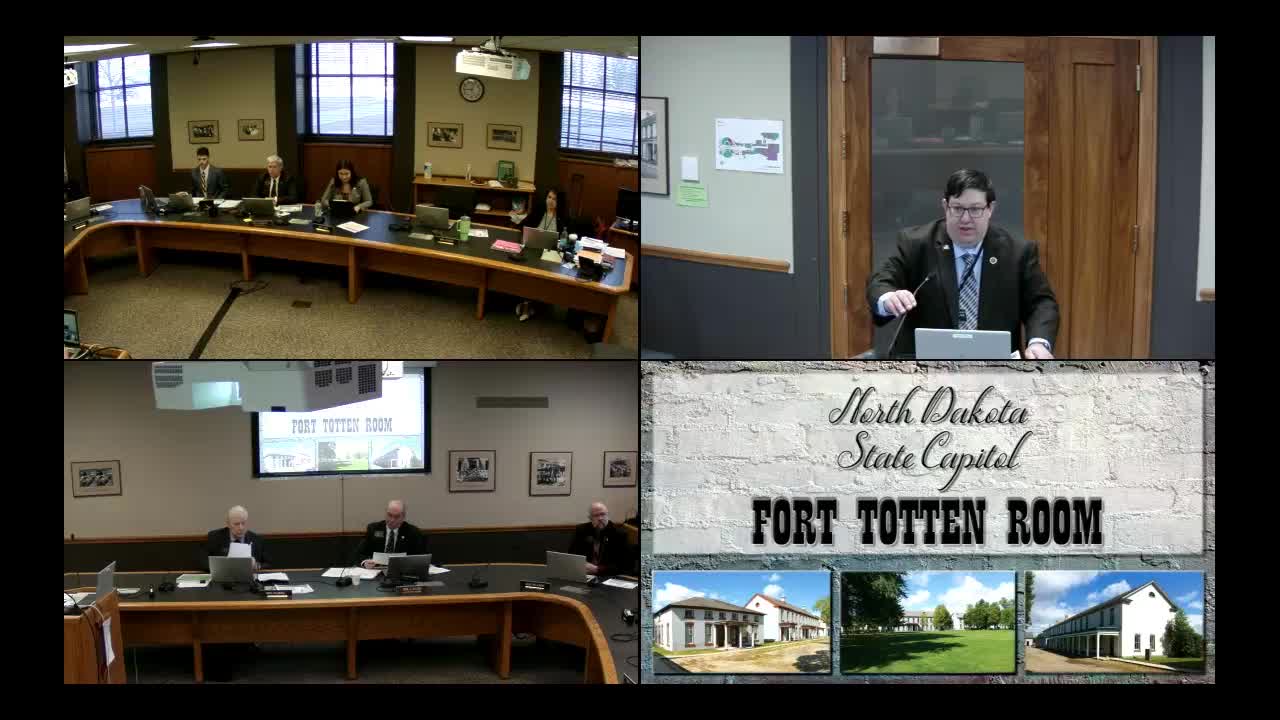Article not found
This article is no longer available. But don't worry—we've gathered other articles that discuss the same topic.

Senator Rummel outlines amendment to raise interstate limit to 80 mph, add variable electronic speed signs and simplify fines; committee postpones action

Committee hears bill to let cities expand daytime golf-cart use; senators voice safety and local-control concerns

Committee approves 'military sacrifice' license plate for families of service members who die on duty

